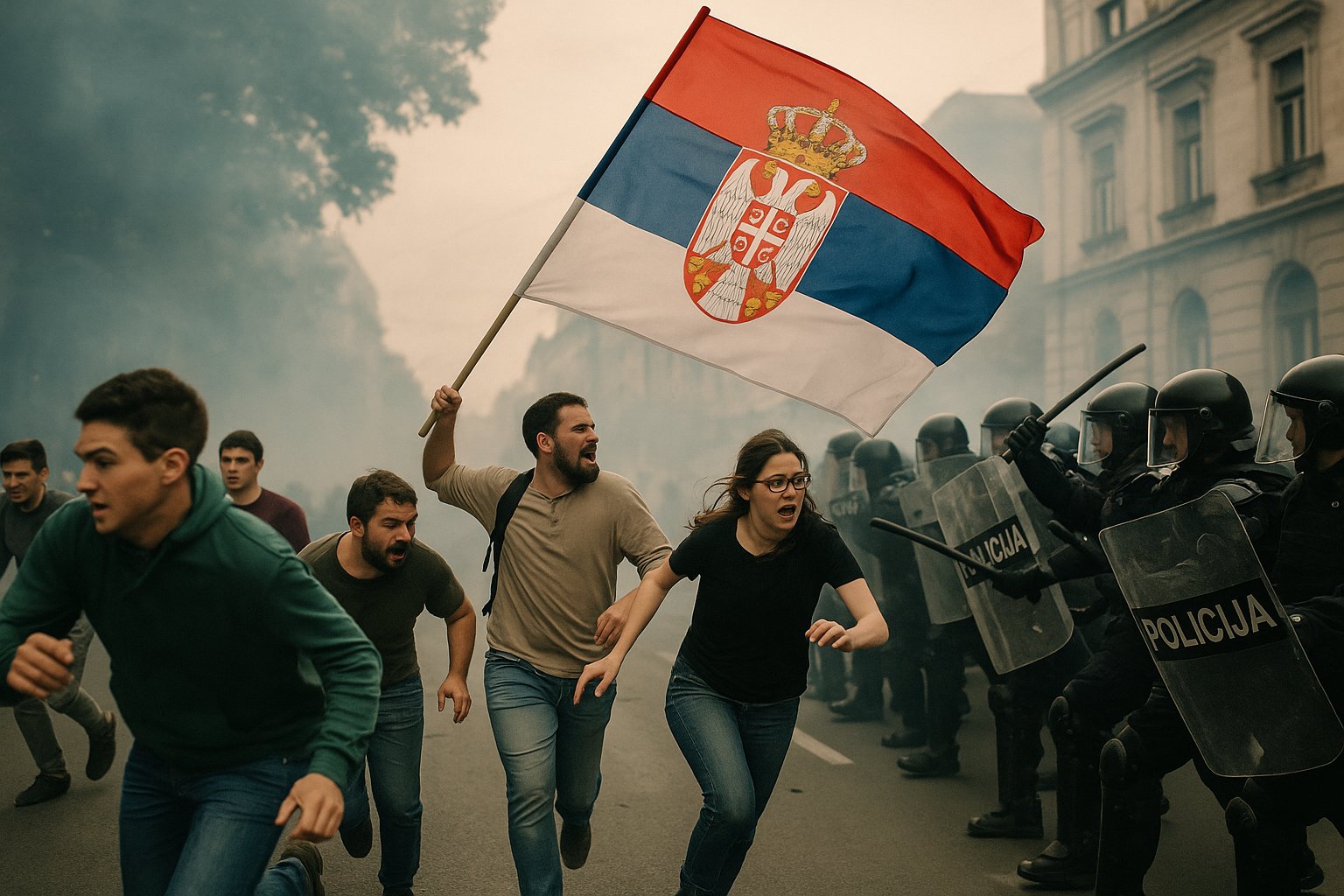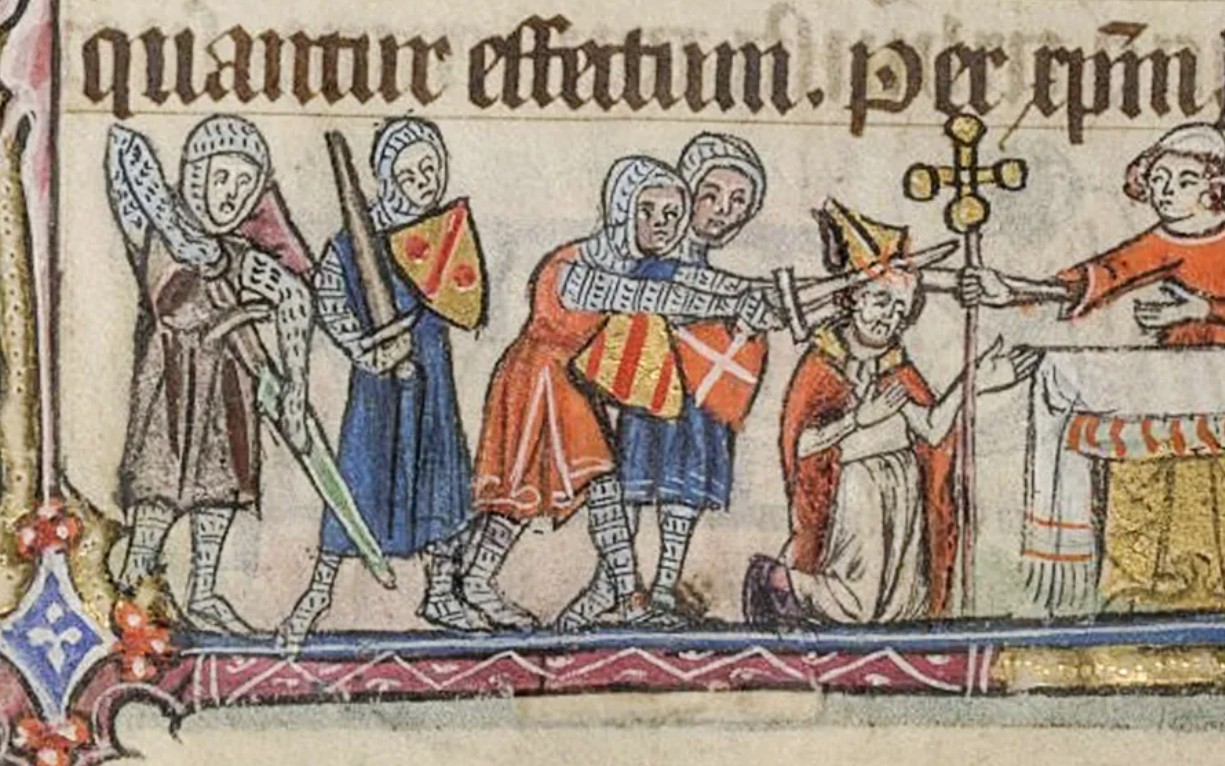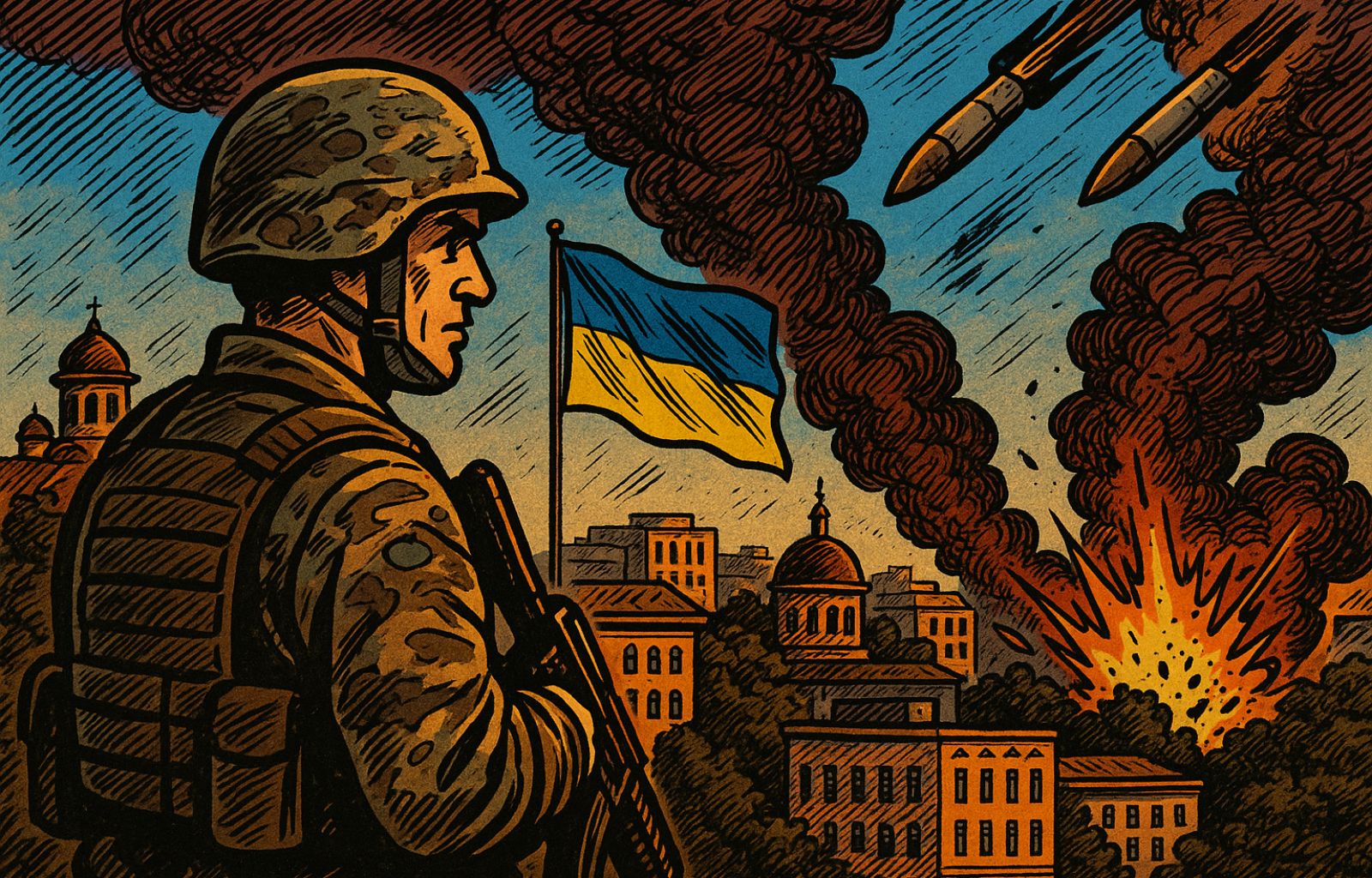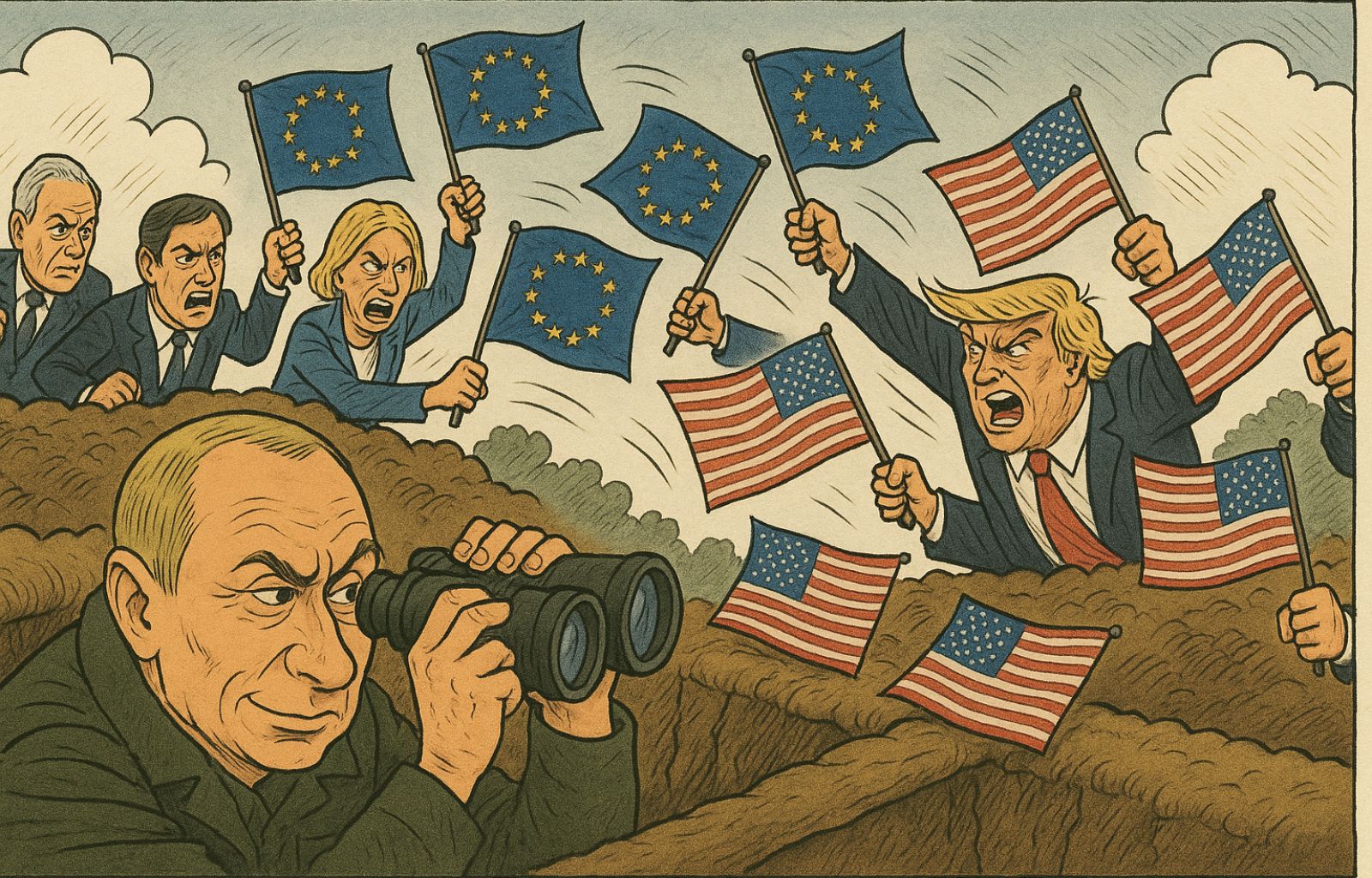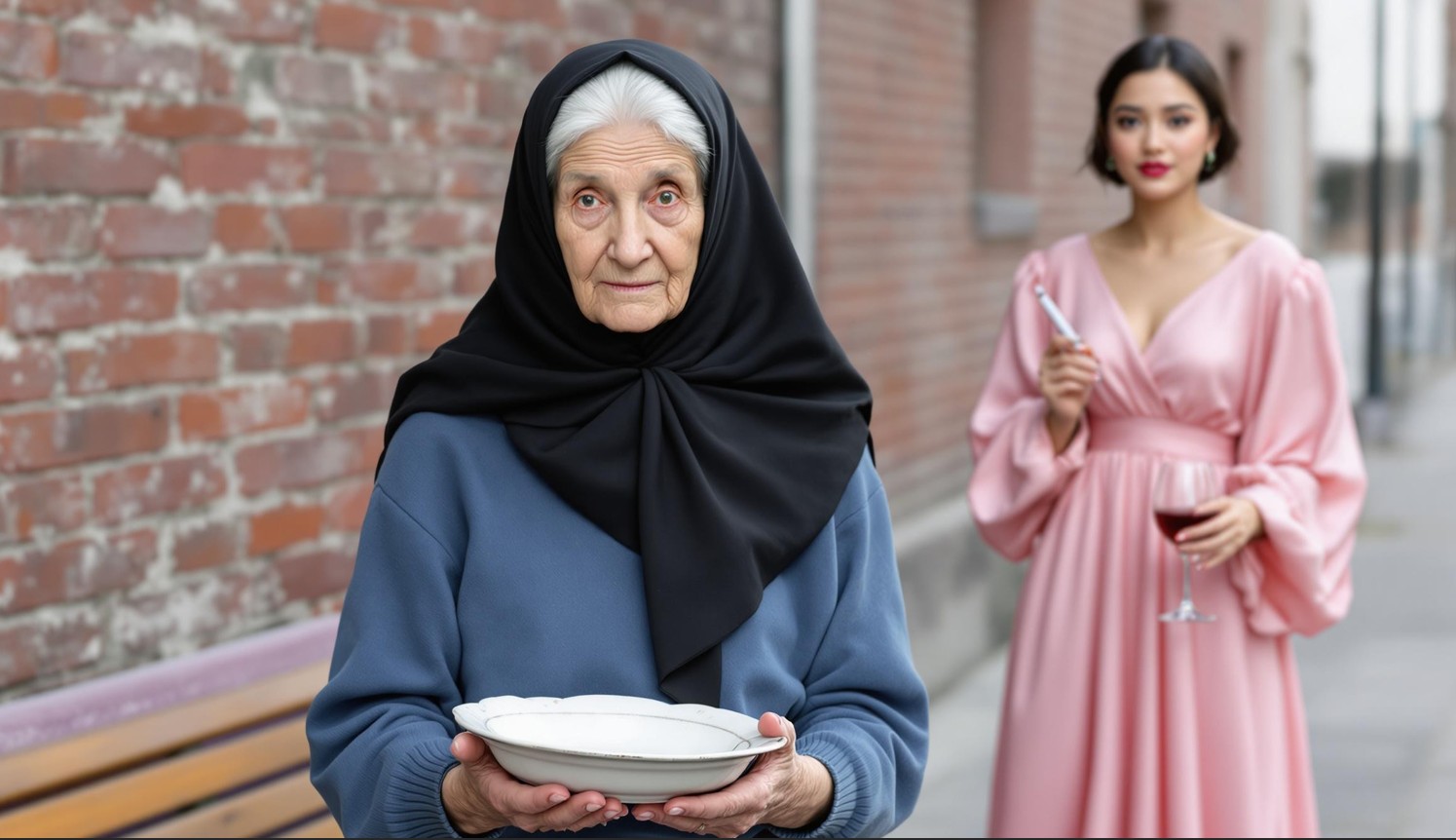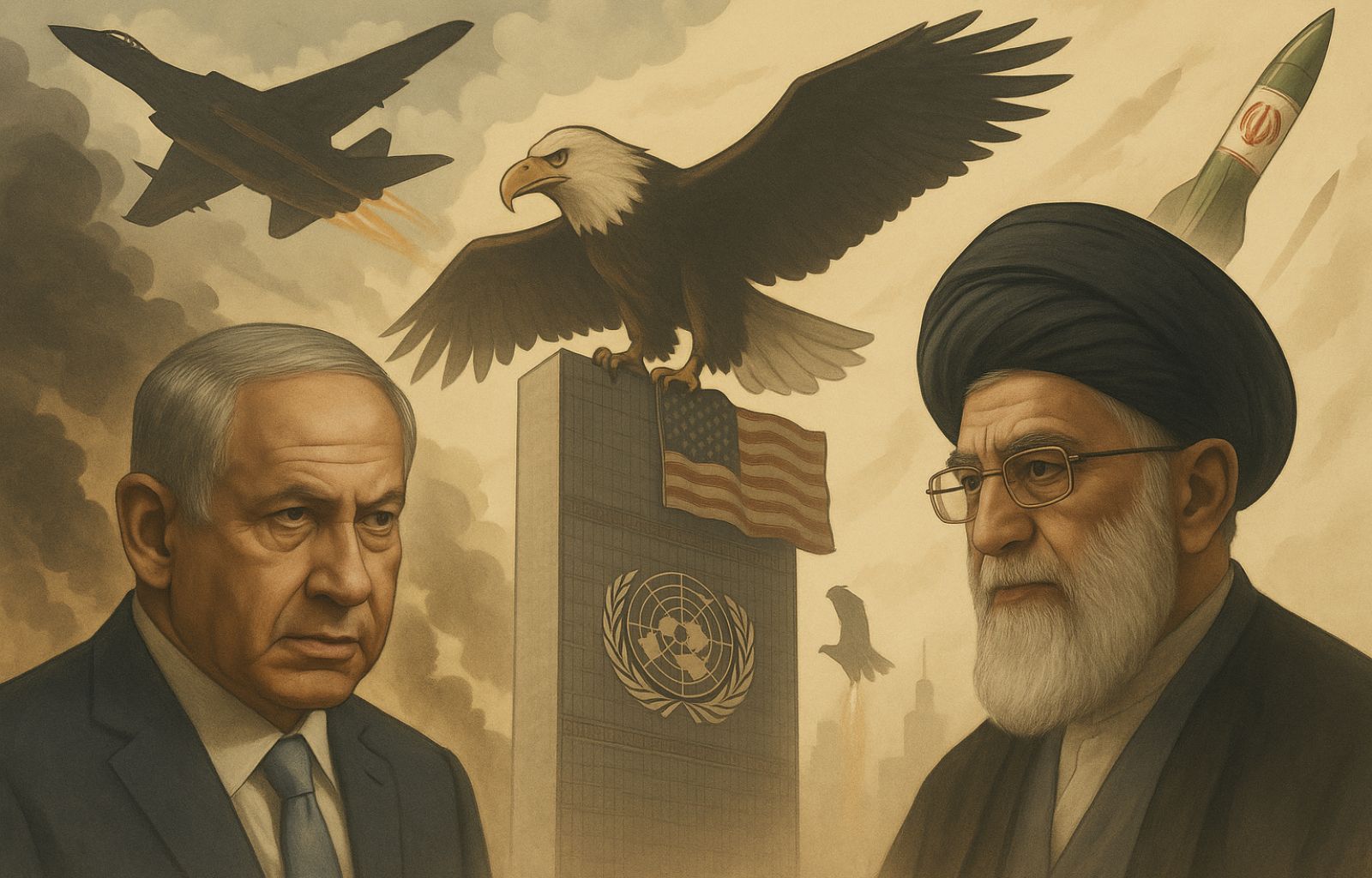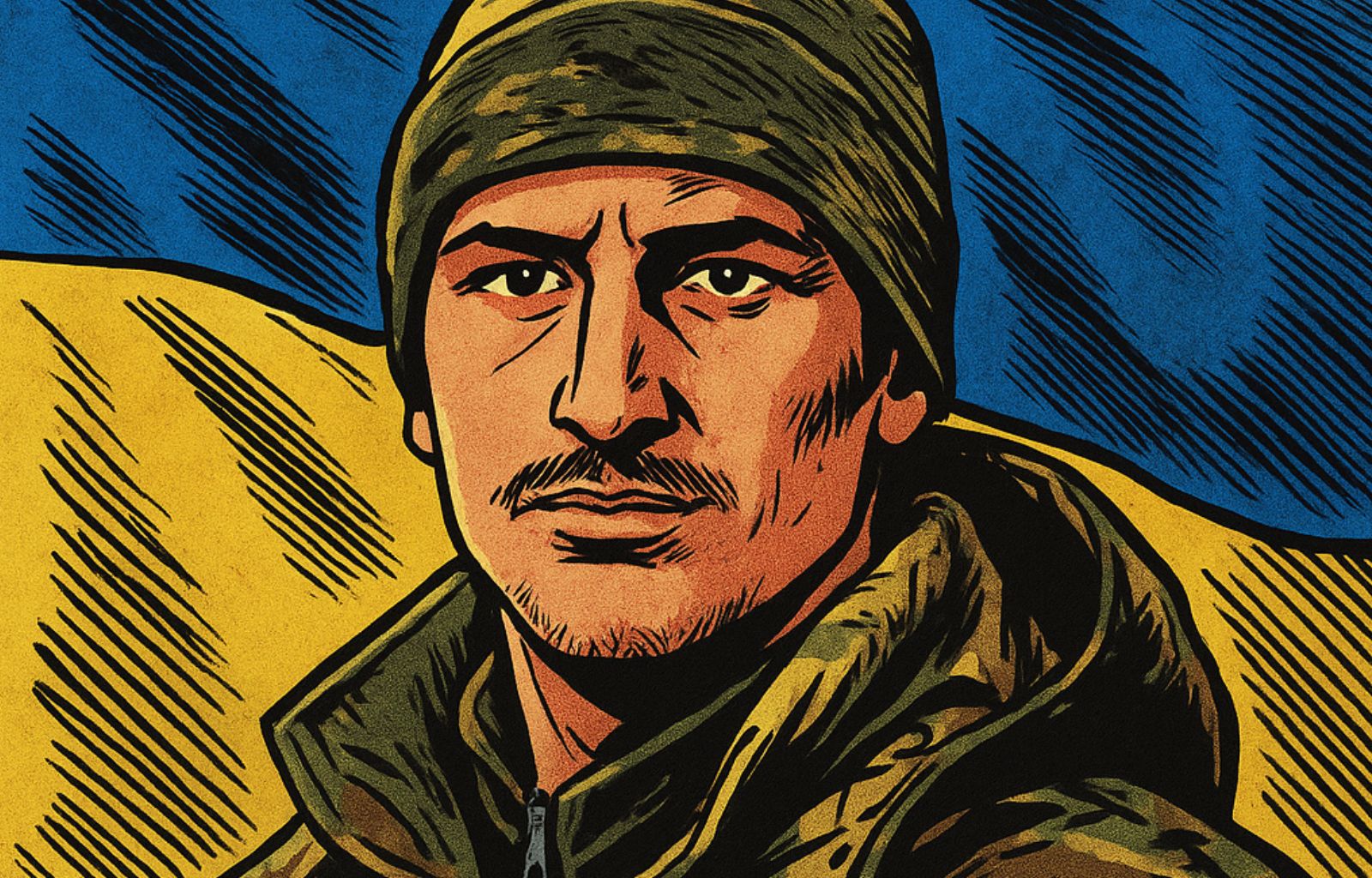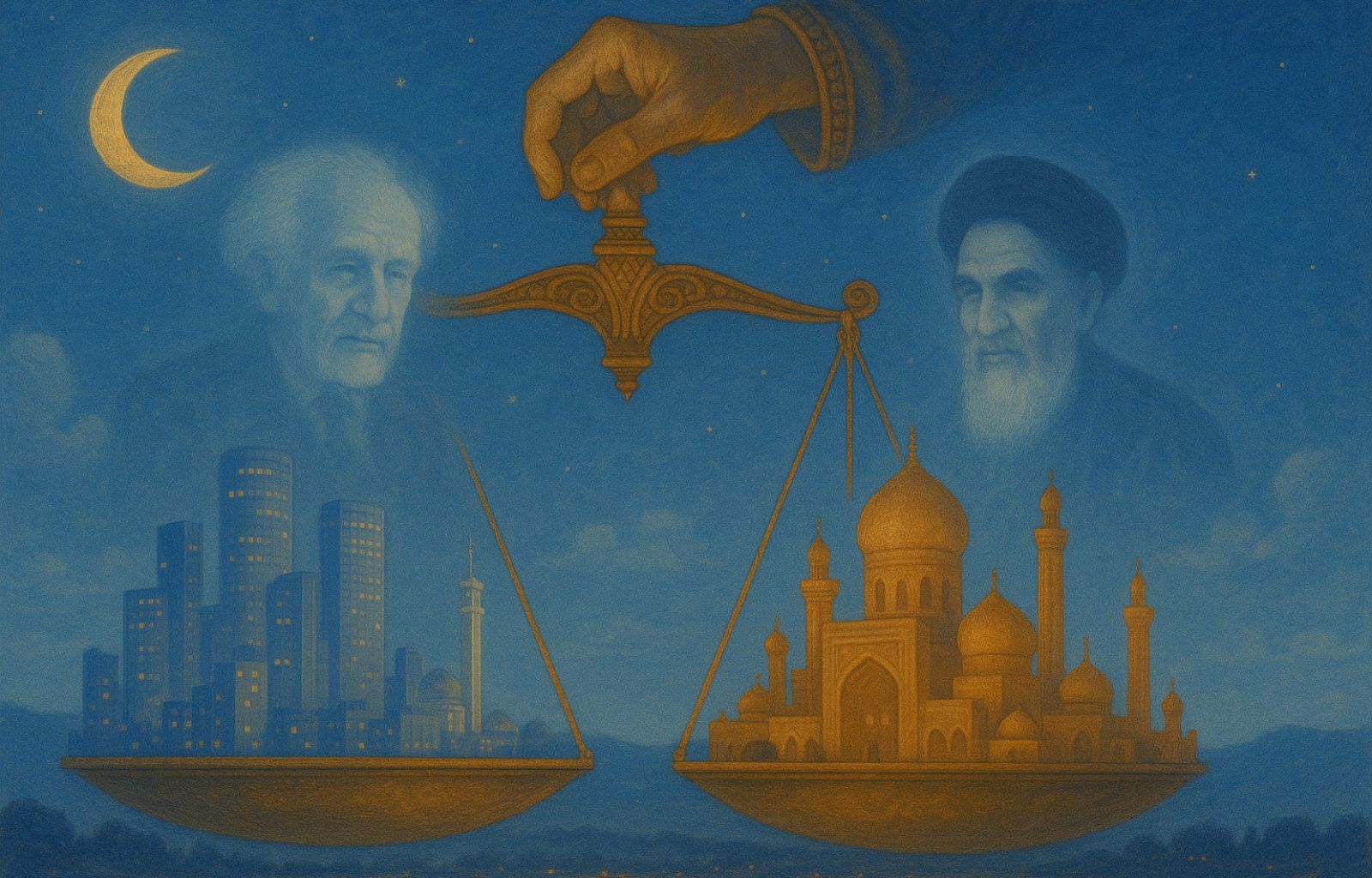Georgia towards Christmas amid uncertainties and hopes

As Christmas approaches, the Georgian people are preparing to celebrate 7 January, according to the Orthodox tradition. This year, however, the Christmas atmosphere is influenced by a climate of political and social uncertainty. On 29 December, the inauguration of the new president, Mikheil Kavelashvili, elected by the sole governing party, Georgian Dream, is expected, in a context marked by the absence of the oppositions, who have deserted parliament in protest.
Disputed elections and allegations of fraud
The political tensions in Georgia are rooted in deep disagreements, which began with the controversial proposed law on ‘foreign agents,’ inspired by the Russian model. This law, perceived as a threat to freedom of association and expression, had already provoked massive protests in the previous months. The parliamentary elections on 26 October further exacerbated the climate, with incidents of violence and accusations of fraud.
The opposition, harshly criticising the electoral process and denouncing its lack of transparency, decided not to recognise the results. This led to a political stalemate, with a parliament dominated by the ruling party and an opposition that chose the streets as a place to express its dissent.
Protests and conflicting numbers
The demonstrations in Tbilisi attracted significant national and international attention. According to statements by Prime Minister Irakli Kobakhidze, the 21 December protest ‘barely’ gathered 3,000 people. However, data collected by OSINT Visioner, an open-source analysis organisation, speak of a much higher number: around 200,000 people were present in the square. This discrepancy in numbers highlights a divergent narrative between government and opposition, further increasing divisions.

The call for dialogue and the risk of arrests
During a rally on Rustaveli Avenue, Tbilisi’s main thoroughfare, President Salome Zurabishvili appealed for dialogue. She asked representatives of the ruling party, led by Bidzina Ivanishvili, to agree on a date for parliamentary elections before 29 December. She emphasised that without an agreement, the risk of a deeper crisis and elections imposed by popular pressure remains high.
“This regime is already disintegrating,” said Zurabishvili, referring to the growing support for the protests from ever larger segments of Georgian society, including civil servants and businessmen. He emphasised that only constructive confrontation can guarantee social peace and preserve the progress achieved in recent years.
Who is Bidzina Ivanishvili?
Bidzina Ivanishvili is a key figure in Georgian politics. Founder and de facto leader of the ruling Georgian Dream party, he is a billionaire accused by the opposition of consolidating power and restricting democracy in Georgia. Although he officially retired from politics in 2021, many believe he continues to exert a strong influence on the government behind the scenes.
29 December: a decisive day
29 December is an important date for Georgian politics. Not only for the inauguration of the new president, but also for the expectations of the population hoping for change. The statements of Prime Minister Kobakhidze, who threatened the outgoing president with possible arrests, added tension to an already complex context.
Hopes for the future
In this climate of uncertainty, the Georgian people continue to demonstrate a strong civic commitment. Protests are attended not only by students, but also by representatives of the agricultural, cultural and educational worlds. Christmas may be a time for reflection and hope, but the current tensions indicate that the path to a more stable and democratic future will be long and full of challenges.



